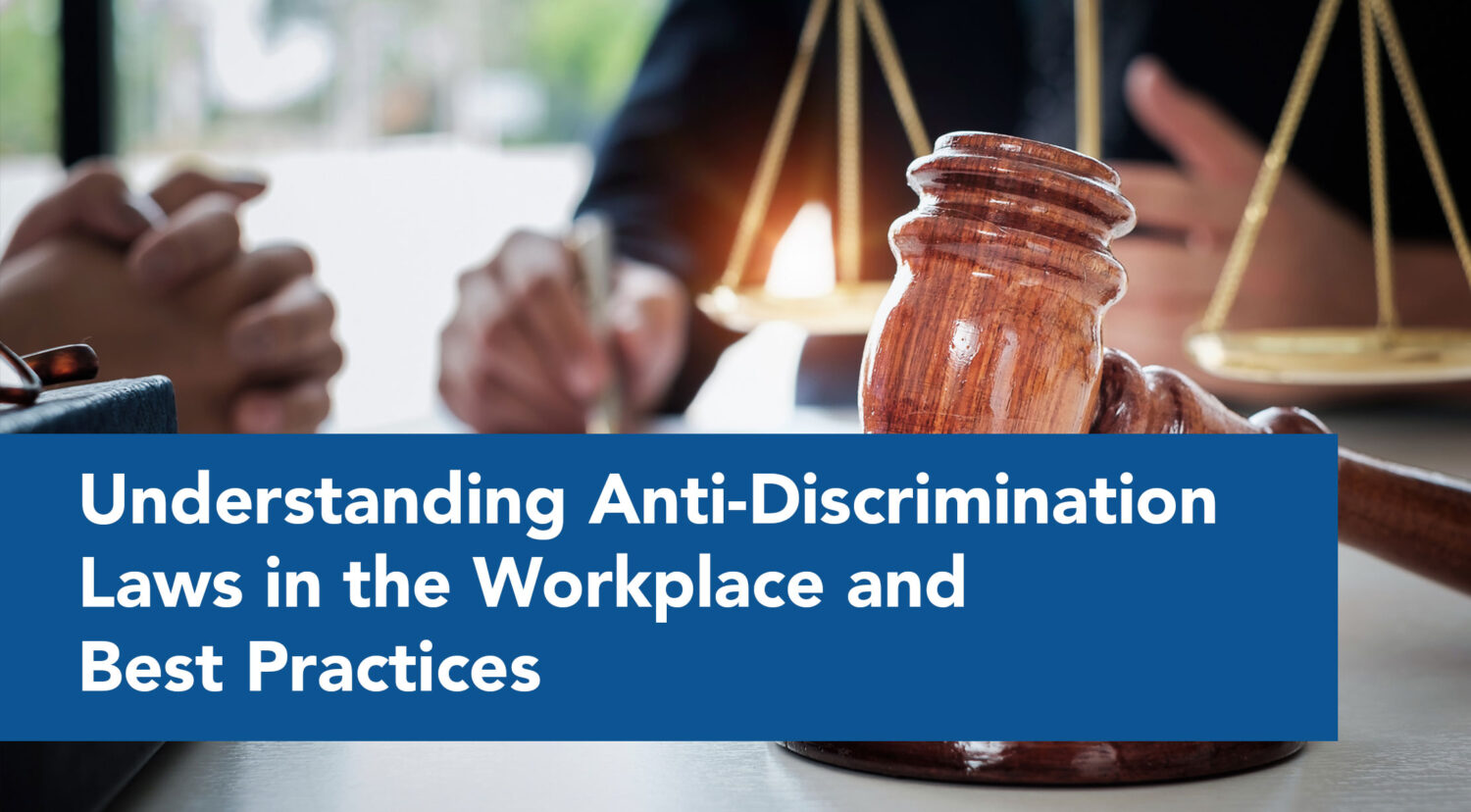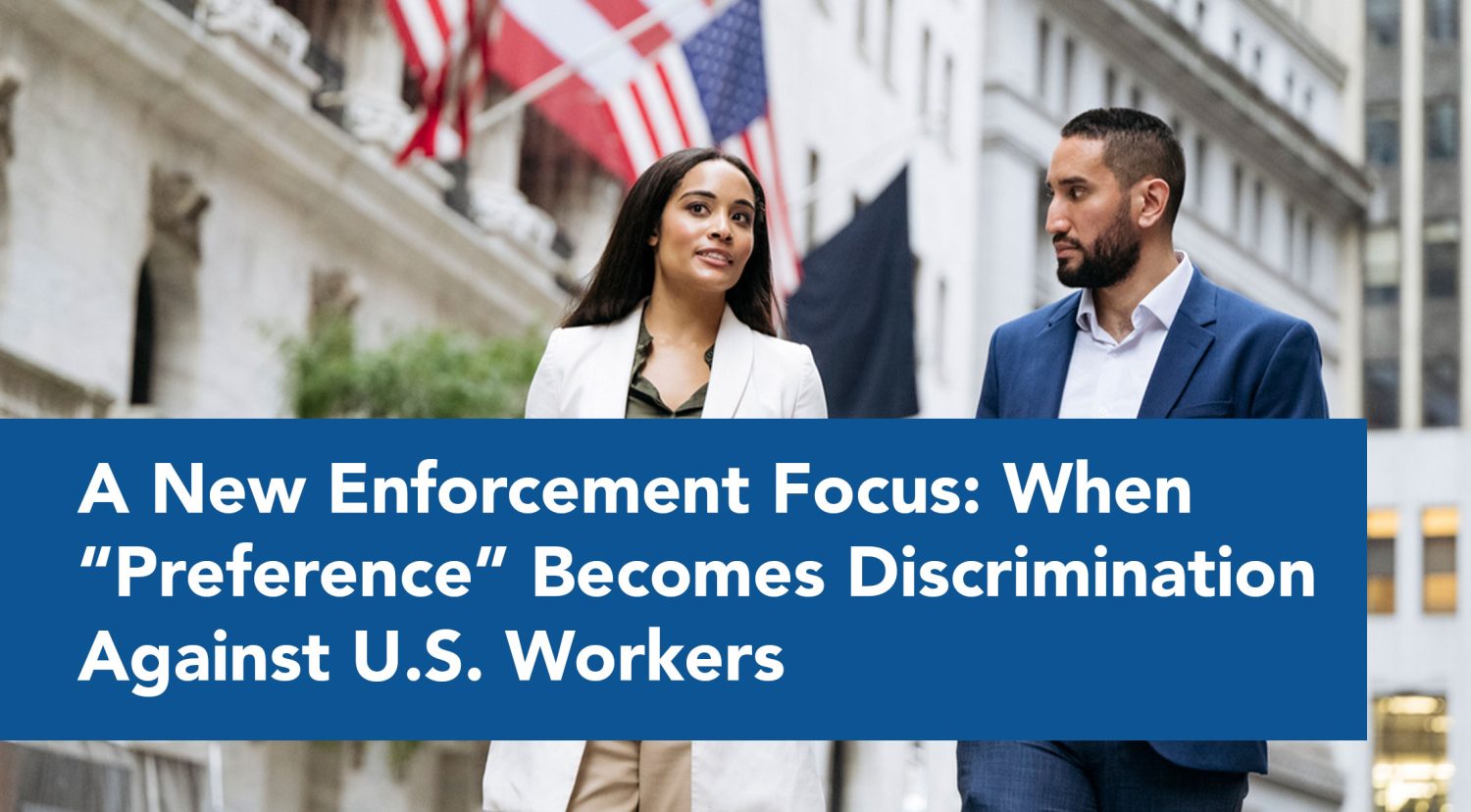

In today’s complex employment landscape, fostering an inclusive and equitable workplace is not just a moral imperative, it is a legal one. Federal and state laws provide extensive protections against discrimination, requiring employers to adopt proactive measures to prevent bias, harassment, and retaliation in the workplace.
This article explores the key anti-discrimination laws, employer responsibilities, and best practices to help organizations stay compliant while building a culture of respect and inclusion.
Key Anti-Discrimination Laws Employers Must Know
Several federal laws collectively protect employees from workplace discrimination based on race, color, religion, sex (including pregnancy, sexual orientation, and gender identity), national origin, age, disability, and other protected characteristics. The most notable laws include:
- Title VII of the Civil Rights Act of 1964: Prohibits discrimination in hiring, promotion, termination, and other employment practices based on race, color, religion, sex, or national origin.
- The Americans with Disabilities Act (ADA): Requires employers to provide reasonable accommodations for qualified employees with disabilities unless it causes undue hardship.
- The Age Discrimination in Employment Act (ADEA): Protects individuals aged 40 and above from age-based discrimination in the workplace.
- The Equal Pay Act (EPA): Mandates equal pay for equal work, regardless of gender, to eliminate wage disparities.
- Genetic Information Nondiscrimination Act (GINA): Prevents discrimination based on genetic information in health insurance and employment.
- Executive Orders for Federal Contractors: Federal contractors must comply with Executive Orders, such as the newly issued Executive Order 14173, requiring anti-discrimination certifications as part of federal contracting obligations.
Why Compliance Matters
Noncompliance with anti-discrimination laws can lead to:
- Costly lawsuits and settlements: EEOC complaints can result in monetary penalties, legal fees, and reputational damage.
- Loss of federal contracts: For federal contractors, violations may lead to debarment or loss of eligibility for future awards.
- Workplace toxicity and turnover: A culture of bias undermines morale, productivity, and employee retention.
Best Practices for Employers
To mitigate risks and foster a culture of equity, employers should adopt the following best practices:
- Develop Clear Anti-Discrimination Policies: • Ensure your employee handbook includes comprehensive policies addressing discrimination, harassment, and retaliation. • Define complaint procedures and outline disciplinary measures for violations.
- Conduct Regular Training: • Provide mandatory anti-harassment and diversity training for employees and managers. • Include scenario-based learning to help staff recognize and prevent discriminatory behaviors.
- Perform Pay Equity and Workforce Audits: • Regularly analyze compensation, hiring, and promotion data to detect and correct disparities. • Document findings and corrective actions to demonstrate good-faith compliance efforts.
- Offer Multiple Reporting Channels: • Create confidential, accessible avenues for employees to report concerns. • Ensure non-retaliation policies are strictly enforced.
- Stay Informed of Legal Updates: • Monitor changes to federal, state, and local employment laws. • Partner with legal counsel or compliance experts to maintain up-to-date policies and practices.
- Demonstrate Leadership Commitment: • Ensure executives and managers model inclusive behaviors. • Embed diversity, equity, and inclusion (DEI) principles into the company’s core values.
Moving Forward: A Culture of Compliance and Inclusion
Compliance with anti-discrimination laws should never be treated as a checkbox exercise. Beyond legal requirements, organizations that proactively cultivate fairness and inclusivity often enjoy stronger employee engagement, reduced turnover, and enhanced brand reputation.
By implementing best practices, conducting regular audits, and staying ahead of regulatory changes, employers can protect their organizations while creating workplaces where every employee feels valued and respected.
At HR Unlimited Inc., we help federal contractors and employers navigate complex compliance requirements while building stronger, more inclusive workplaces. If you’re ready to strengthen your compliance and equity efforts, contact us today to learn how we can support your EEO and non-discrimination goals.




